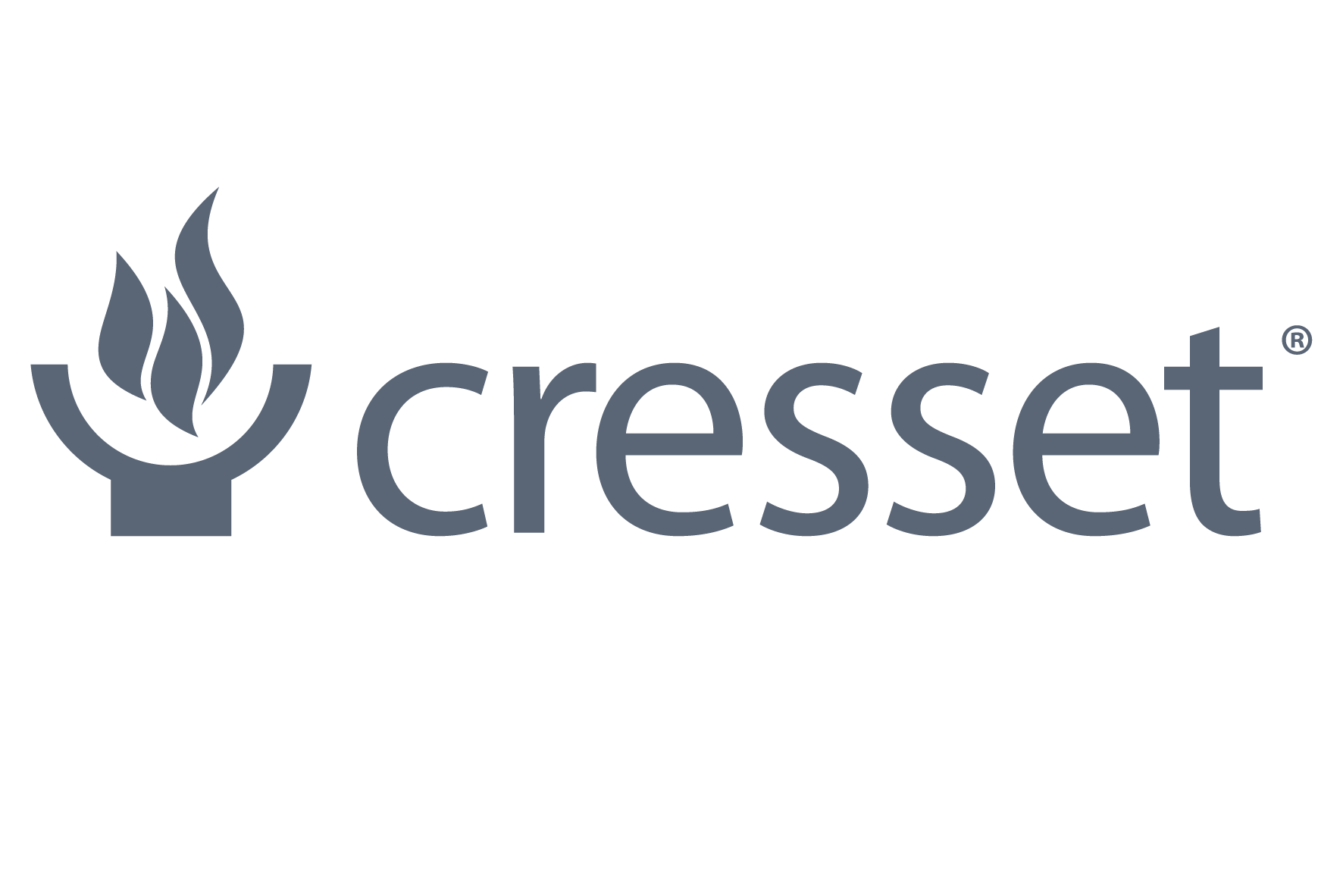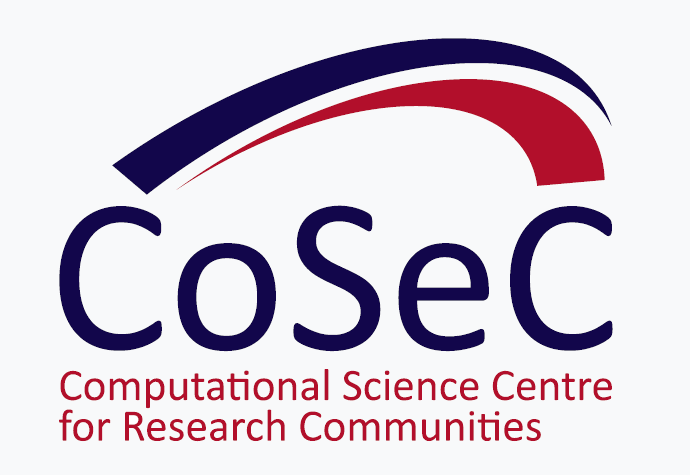To Wednesday 12 July 2023 - 13:00
CCPBioSim and the conference organising committee are delighted to be able to invite you to:
The 9th Annual CCPBioSim 2023 Conference - Biomolecular Simulations for a Better World

This year’s conference has the theme of biomolecular simulations for a better world. Biomolecular simulations are all about living organisms, so how can we use them to improve the lives of people and animals, and to protect our planet? High performance computing can consume a lot of energy, so how can we ensure that our calculations are as efficient as possible, both in terms of the scientific questions that we ask, and the software that we run?
We will invite abstracts for posters and talks in any area of biomolecular simulations that can make our world a better place. Topics include energy efficient biomolecular simulations; data sharing, community building initiatives and public engagement; smart new simulation methodologies (including enhanced sampling and coarse-graining) that improve accuracy at minimal computational cost; biomolecular simulations that can benefit the environment, human or animal health, or that reduce the need for animal models. We look forward to seeing you in Leeds!
Venue
The conference will be taking place in Parkinson Building at the University of Leeds, UK. [Google Map]
Invited Speakers
Prof Matthieu Chavent, IPBS institute, France
Dr Kei-ichi Okazaki, Institute for Molecular Science, Japan
Dr Aditi Borkar, University of Nottingham, UK
Dr Gerhard Koenig, University of Portsmouth, UK
Prof Mark Wilkinson, DiRAC
Dr Maria Musgaard, OMass Therapeutics
Prof Edina Rosta, University College London, UK
Prof Viv Kendon, University of Strathclyde, UK
Prof Sameer Velankar, European Bioinformatics Institute (EMBL-EBI)
Dr Pierre Poulain, Institut Jacques Monod, Université Paris Cité, France
Dr Benjamin Cossins, Exscientia
Programme
Please click below to download the conference programme booklet.
Programme booklet without abstracts. (PDF, 3.7 MB)
Programme booklet including all abstracts. (PDF, 17 MB)
Registration
Abstract submission deadline for contributed talks: 5 June 2023
Abstract submission deadline for posters: 23 June 2023
In-person participants registration deadline: 26 June 2023
Online-only participants registration deadline: 3 July 2023
Student registration fee: £225
Full registration fee: £275
Online only fee: £10
Registration includes the talks, poster sessions, lunch and coffee breaks on all three days, and the conference dinner. Travel and accommodation are not included.
Contributed Oral or Poster Presentations
We invite all participants to submit an abstract for oral and poster contributions. Please use this template to prepare your abstract, change the filename to include your full name (Surname_GivenName.docx), and send the Word file together with an indication of whether you want to be considered for an oral or poster contribution to
There are a number of contributed talk slots available, and posters will be on display during the whole conference, with poster sessions taking place on both evenings. Instructions for submitting abstracts will be included in the confirmation email at the point of registration. Please note that oral contributions can be presented online, but our poster session will be taking place in person. So if you plan to attend online, your abstract will be considered only as an oral presentation. All selected contributing speakers will be notified in advance.
The organising team is committed to diversity and inclusivity. Individuals belonging to underrepresented and marginalised groups in STEM/Software development are particularly encouraged to apply.*
*Women, non-binary, LGBTQIA+ individuals, Black, Asian and minority ethnic communities or traveller communities
Accommodation
Accommodation is not provided for this conference and should be arranged separately by the attendee. Several hotels are conveniently located close to the conference venue.
Childcare will be available for delegates at the Bright Beginning’s childcare centre at the University (3 months – 4 years). Please do get in touch as soon as you can (
Organising Committee
Prof Sarah Harris, University of Leeds, Chair
Dr Naoto Hori, University of Nottingham
Prof Julien Michel, University of Edinburgh
Dr Sofia Oliveira, University of Bristol
Prof Charles Laughton, University of Nottingham
Pirjo Johnson, University of Leeds
Contact
OpenMM Training Workshop (12 July 2-5 pm)
In collaboration with CCPBioSim, we are pleased to announce an OpenMM training workshop (hybrid) hosted by the University of Leeds on the 12th of July in the afternoon, immediately following the 9th Annual CCPBioSim conference.
The workshop will include the following topics (subject to change), which will be aimed at different levels of users, the intermediate topics will build upon the beginner topics so no previous knowledge of OpenMM is expected.
- Introduction and first simulation with OpenMM (beginner)
- How to get good runtime performance and tips for production simulations (beginner)
- Using custom forces (intermediate)
- Using the OpenMM 8 Machine Learning Potential tools (intermediate)
The workshop is aimed at users in academia and industry who are already familiar with Python programming and molecular simulations. The maximum number of delegates is capped at 40/20 (in-person/online). The registration fee is £10. The registration fee will be waived if the delegate has registered to attend the 9th Annual CCPBioSim conference in-person. Follow this link to apply for attending the workshop. Acceptance in the workshop will be confirmed in late June 2023.
The organising team is committed to diversity and inclusivity. Individuals belonging to underrepresented and marginalised groups in STEM/Software development are particularly encouraged to apply.*
*Women, non-binary, LGBTQIA+ individuals, Black, Asian and minority ethnic communities or traveller communities
About CCPBioSim
CCPBioSim is an inclusive wide-ranging project, bringing together chemists, physicists and chemical engineers as well as researchers from all branches of ‘molecule-oriented’ biochemistry and biology. Our aim is to involve experimentalists and computational specialists, sharing the belief that the best science can be done when theory and experiment are closely integrated. CCPBioSim develops and provides training and tools to lower the barrier to non-experts becoming proficient and productive users of biomolecular simulation techniques. We also work to develop and apply advanced methods.
Sponsors







